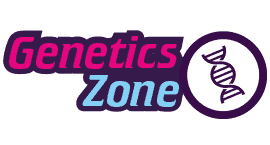-
Asked by anon-375453 on 25 Nov 2023.
Question: with the advancement into genetic research growing exponentially everyday, how do you think the public will catch up? specifically in the remit of law making, as in how will laws respond to science being able to screen for genetic diseases at birth. some people may not want to know they have a degenerative disease, but they are babies so they can't say no. do you think laws will have to be put in place to avoid discrimination for certain genes? would this process happen alongside research or would there be a gray area period before the laws were developed, where some people will slip through the net, so to speak
- Keywords:







Comments
anon-375453 commented on :
thank you all! super interesting topic, thank you for your time :))